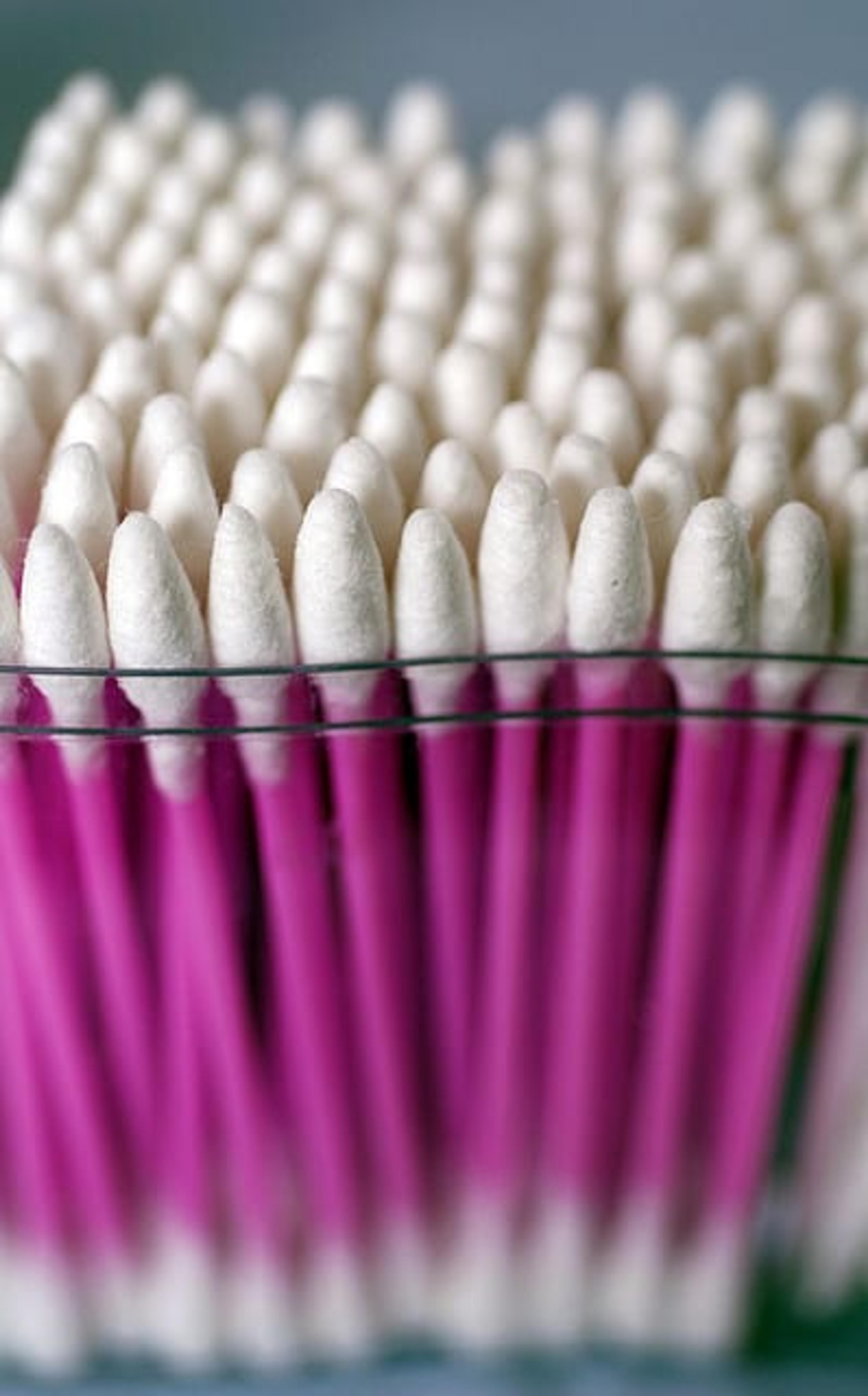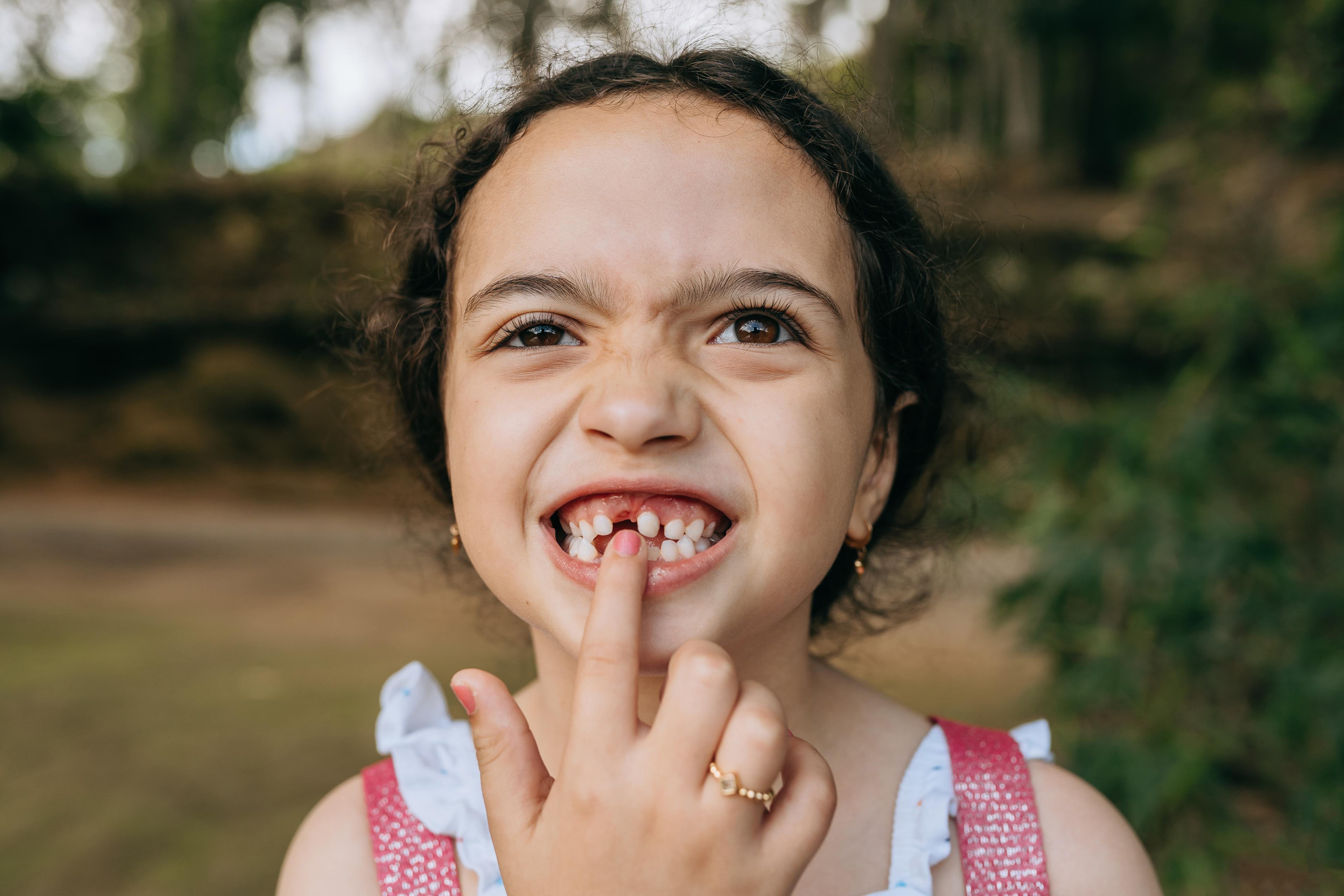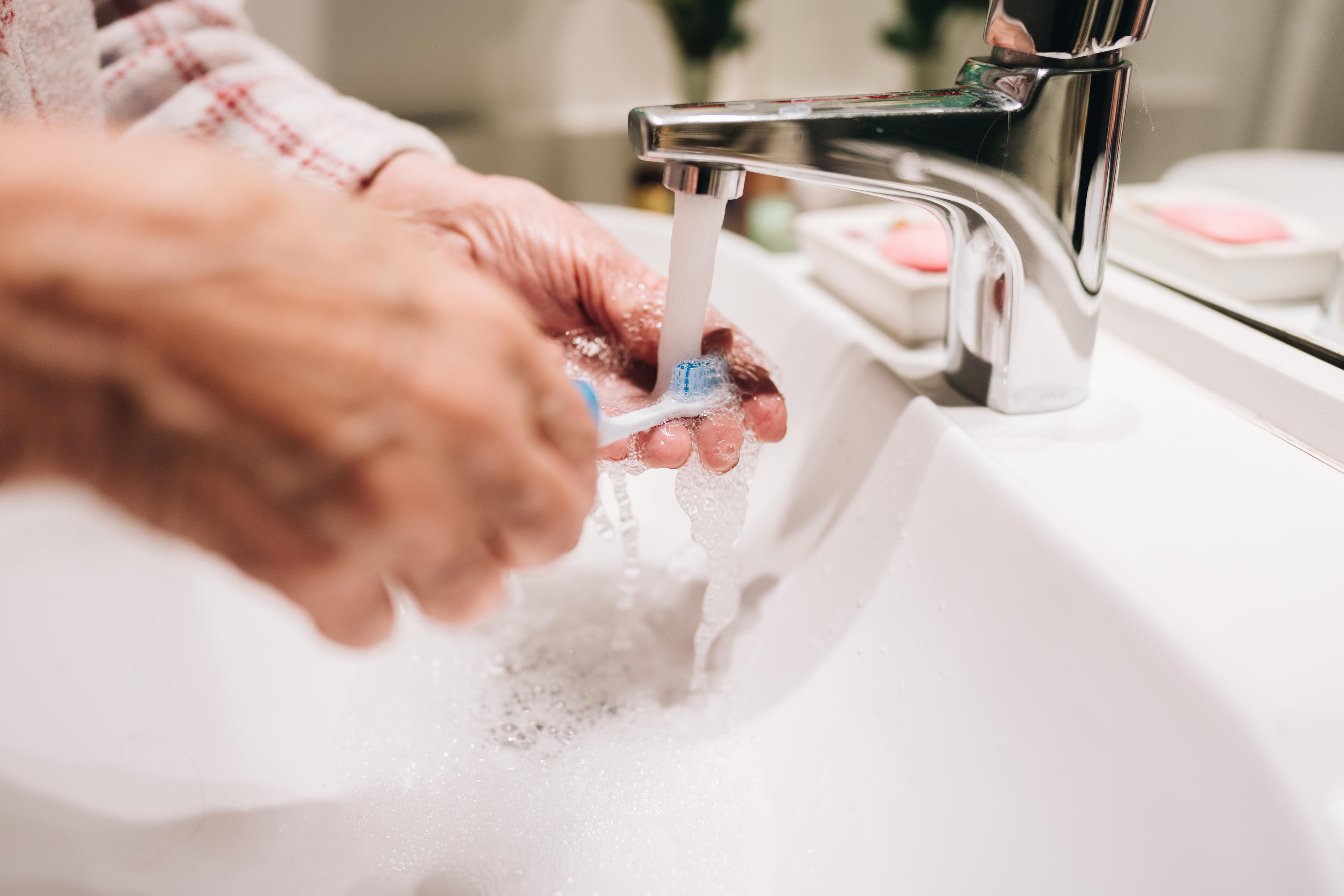Listen up! These everyday actions could harm your ears
2 min read

You probably only think about your ears when something goes wrong–they don’t pop when you’re flying in an airplane, they start ringing after you see a concert or they begin to ache painfully one day. But they actually deserve a little more of your attention. That’s because the way you treat them on a daily basis can have a huge impact on how healthy they stay and how well you’ll be able to hear down the road. Read on for three mistakes you might be making:
Using cotton swabs for a deep clean. They seem harmless, but close to 7,000 people have to go to the hospital every year due to cotton-swab-related injuries. If ear wax makes it all the way to the outside of your ear, you should obviously clean it up, but there’s no need to go digging deep for the stuff. Ear wax actually has antifungal and antibacterial properties, meaning it can protect your ear from infections. If it does get to be too much (causing pain or hearing loss), you should go see a doctor. The wax can get removed professionally, often by using gentle water to wash out the excess build-up.
Popping in earbuds. Ever since there’s been music, experts have warned that listening to tunes too loud can damage hearing. And these days they have even more reason to be concerned. Research has shown that the noise coming through your headphones can get as loud as a jet engine, damaging cells and harming your hearing permanently. And the most dangerous type of headphone are the in-ear earbuds. Experts suggest that you use ones that aren’t snug and that you don’t push them all the way into the ear canal.
Leaving water in your ears for too long. While swimming laps itself doesn’t do any damage to your ears, accidentally leaving water in your ear afterwards can lead to swimmer’s ear, an infection that can be pretty painful. That’s because the water makes your outer ear canal nice and moist—a perfect environment for bacteria to grow in. To treat swimmer’s ear, you’ll need to see your doctor and get prescription antibiotic eardrops. And in the future, make sure you dry your ears out thoroughly every time you swim (tip your head to each side to let the liquid drain out and wipe clean with a towel).
Photo credit: Philippa Willitts









